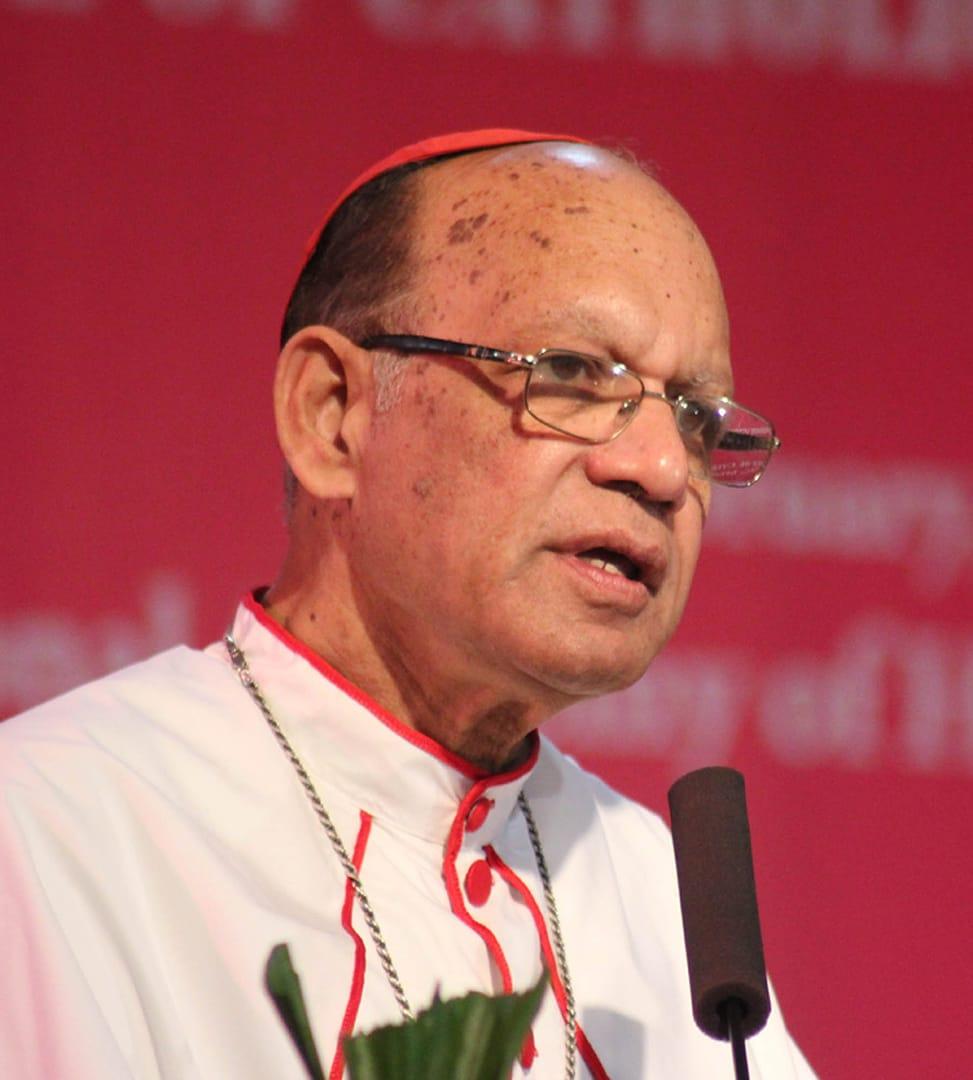MUMBAI, India – Cardinal Oswald Gracias, the Archbishop of Bombay in India, has been appointed coordinator of the study group that will evaluate the functioning and role of Apostolic Nuncios, the papal Representatives in the Church worldwide, usually serving as the ambassador to the country.
The study group will make suggestions to improve their functioning, so that they become more missionary and synodal. Involved in the study will be officials of the Secretariat of State, the Dicastery for Bishops, and the Dicastery for the Evangelization of Peoples.
After the October 2023 Session of the Synod on Synodality. Pope Francis had identified several items that needed specialized study.
“During the synod we noticed that there were so many topics being spoken about, but they were important topics,” Gracias told Crux.
“However, we wanted to focus on synodality and were worried how to bring back synodality in the discussions. All the other points were also important,” he continued.
“Then the Holy Father also wanted some points to be discussed himself. Finally, they decided that they would take out Oriental Churches matter, formation of priests matter, questions of theological things etc. The Holy Father also felt that we should also look at the whole function of the Nuncio. That is the reason for this study group,” the cardinal said.
Gracias said there are really ten study groups, and the study on Nuncios is just one of them.
“The Holy Father has put into the groups people from all over. The only one which has a cardinal in them heading a group is myself here and I think, Cardinal [Joseph] Tobin of Newark for Religious and Clergy. Mine has the present and ex-Nuncios on the team. Officially this has all come out of the Synod. Some people and some bishops had mentioned about it,” he explained.
The Vatican communique clarified that some of the topics were chosen by Pope Francis himself. These subjects will not be discussed during the October 2024 Session of the Synod, but a brief report of the working plans of the group will be presented to the Synodal Assembly.
Among the members of the Study Group is Cardinal Mario Grech, head of the Synod Secretariat, Archbishop Luciano Russo, Secretary for Papal Representatives, Archbishop Salvatore Pennacchio, President of the Pontifical Academy for the formation of diplomatic personnel of the Holy See. This study group has already begun its work with several meetings in Rome with Officials of Secretariat of State and Presidents of Episcopal Conferences from different continents.
Apostolic Nuncios serve two functions – they are ambassadors of the Holy See to the government and are a representative of the pope to the local church, helping in the appointment of bishops.
When asked by Crux how this dual role affects the work of the study group. Gracias said there were two things.
“One is that the Holy Father has been insisting and rightly so, to a dual role. One is towards bishops and secondly as ambassadors to the country. The Holy Father is insisting now that the work with the local Church and bishops is more important. Missionary in the sense maybe to encourage the bishops, to help them and see how the Church’s mission can be furthered,” the cardinal said.
He added the worry was that Nuncios may become too bureaucratic when serving as ambassadors.
“That was the big focus in the beginning. The pope is trying to shift this focus back and making them think of their role as also helping the local bishops. In the end, considering synodality, they should not be totally independent,” Gracias explained.
“Apparently, some said that there should be some accountability for them also. Like now they represent only to the Holy Father. I have already met some Episcopal Conference Presidents to ask how things are,” he continued.
“In several meetings and also to the Holy Father, I have said that there should be much more collaboration with the Nuncios and the Conference. That will help the local Church. The Nuncios come from outside and don’t know the local culture,” he said.
As an example, he mentioned in India there is the Caste factor: The Hindu practice of forming rigid social groups, which affects all of society, including non-Hindu religions.
“A Nuncio from outside would never imagine this. The local bishops know about this and sometimes in the feedback that they give about candidates, caste sometimes come into play. The Nuncio would never imagine this,” the cardinal said.
“That is the necessity for the Synodal view that they should not be independent of the local Church,” he added.
Gracias said there is also another group studying the appointment of bishops.
“That will also discuss how the Nuncio appoints the Bishop et cetera. So we will work together with them,” he said.
The work of this group is hoped to be completed by June 2025.














